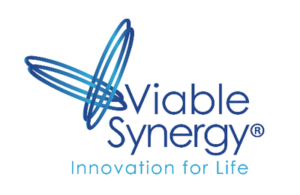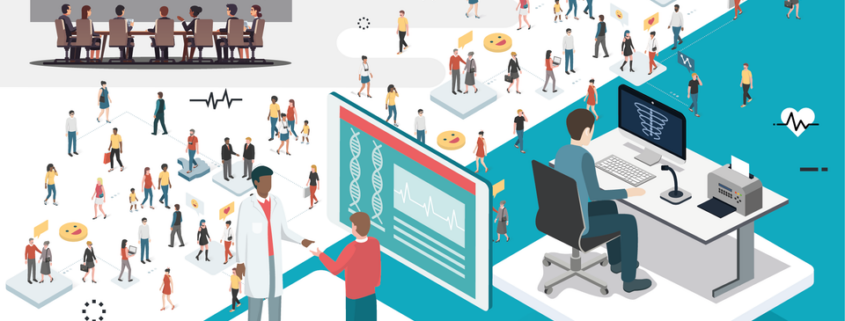Personalization in Healthcare
Inclusion…
Inclusion may be one of the most important leadership skills today. You might ask why? Because in today’s technology-enable digitally-connected world, standardization is dying and personalization is thriving.
What is Personalization?
Society today is more diverse and more informed than ever before, and people are proud of their individuality. One person might be Asian, an extrovert, Millennial, a night time person, a good student, living in the suburbs. She might excel in seeing the big picture and anticipating speedbumps, while someone else with the same exact demographics may be best at meticulously planning out day-to-day projects and ticking-off her list of “to dos”.
Every single employee, patient, and consumer is unique with different likes, dislikes, fears, and motivations. People are now more than ever ready to express themselves and are proud of their individuality. They are no longer inclined to adhere to the standard and hide their uniqueness. They want to stand out and have influence in their life and workplace in their own way.
What Is the Role of Personalization in Healthcare?
As an industry healthcare could have a headstart in this era of personalization. Healthcare is always personal, but technology adoption in healthcare moves slowly. It is important for leaders to understand how to combine efficiencies of standardization, such as everyone getting the same flu shot, with personalization as every person is affected by many different health factors.
Personalization in Clinical Care – advanced genomics and precision medicine provide personalization in treatment and prevention possible.
Personalization in Population Health – how are people affected by social determinants of health, such as housing and transportation. How can people have a personalized stream of health information?
To read more on the original article click here.



